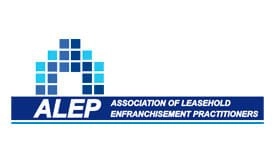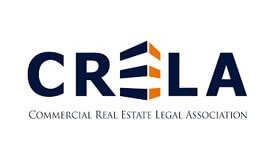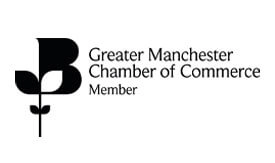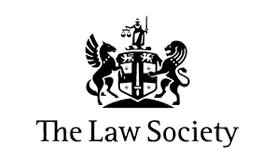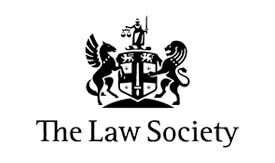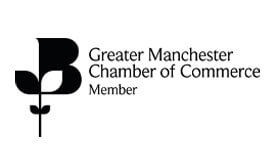The process of extending a lease in the UK can be a complex and often confusing endeavour for leaseholders. There are two common routes to extending a lease: the statutory lease extension, which follows a prescribed legal process, and the informal lease extension, which is negotiated directly between the leaseholder and the freeholder. In this blog post, we will explore the pros and cons of an informal lease extension to help you decide if it is the right option for you.
Pros of an Informal Lease Extension
Flexibility
One of the most significant advantages of an informal lease extension is the flexibility it offers. Unlike the statutory route, which follows a fixed procedure and formula, informal lease extensions allow leaseholders and freeholders to negotiate terms that suit their individual needs and circumstances. This can be particularly beneficial if you are seeking a shorter extension or have specific requirements that would not be met by the statutory route.
Speed
An informal lease extension can be considerably quicker than the statutory route. The statutory process requires serving notices, obtaining a valuation, and potentially going through the First-tier Tribunal (Property Chamber) if an agreement cannot be reached, which can take many months or even years. Informal lease extensions, on the other hand, can be negotiated and completed in a much shorter timeframe, as long as both parties are willing to engage and agree on the terms.
Lower costs
While the cost of an informal lease extension can vary, it is often less expensive than the statutory route. The statutory process involves legal fees, valuation fees, and potentially tribunal costs if an agreement cannot be reached. In contrast, an informal lease extension typically involves only the costs of negotiating and drafting the new lease, which can result in significant savings for leaseholders.
Better relationship with the freeholder
Negotiating an informal lease extension can lead to a more amicable relationship between the leaseholder and the freeholder. As both parties work together to reach an agreement, it can foster a spirit of cooperation and mutual respect, which can be advantageous for future interactions and property management.
Cons of an Informal Lease Extension
Lack of legal protection
One of the main drawbacks of an informal lease extension is that it does not offer the same level of legal protection as a statutory lease extension. Under the statutory process, leaseholders have a legal right to extend their lease by 90 years (for flats) or 50 years (for houses) at a zero ground rent. With an informal lease extension, leaseholders do not have these legal protections, and the terms of the extension are at the discretion of the freeholder. This can leave leaseholders vulnerable to potentially unfair terms or a refusal from the freeholder to extend the lease.
No set formula for calculating the premium
The statutory process provides a set formula for calculating the premium (the price) to be paid for a lease extension. This is based on factors such as the current lease length, the property’s value, and the ground rent. In an informal lease extension, there is no set formula, which can lead to uncertainty and potential disputes over the appropriate premium. Leaseholders may also be at risk of paying an inflated price if they are not well-versed in the intricacies of lease extension valuations.
Potential for increased ground rent
While statutory lease extensions result in a zero ground rent, informal lease extensions may include provisions for increased ground rent. This can be problematic for leaseholders as escalating ground rents can significantly impact the property’s value and mortgageability. It is essential for leaseholders to carefully review and negotiate the terms of the ground rent in an informal lease extension to avoid potential issues in the future.
No guarantee of success
With an informal lease extension, there is no guarantee that the leaseholder and freeholder will reach an agreement. If the freeholder is unwilling to engage in negotiations or agree to reasonable terms, the leaseholder may be forced to revert to the statutory process. This can lead to delays and additional costs, making the informal route a riskier proposition for leaseholders.
Conclusion
An informal lease extension can offer several advantages, including flexibility, speed, lower costs, and a better relationship with the freeholder. However, it also comes with its share of drawbacks, such as a lack of legal protection, no set formula for calculating the premium, potential for increased ground rent, and no guarantee of success.
Before embarking on an informal lease extension, leaseholders should carefully consider their individual circumstances and weigh the pros and cons. It is also strongly recommended to consult with a solicitor and a valuer experienced in lease extensions to ensure that you are well-informed and adequately protected throughout the process. Ultimately, the decision to pursue an informal lease extension will depend on the specific needs and priorities of the leaseholder and the willingness of the freeholder to engage in fair and reasonable negotiations.
Need Help Extending Your Lease Agreement?
Monarch Solicitors specialist lease extension solicitors provide a tailor-made approach to your needs and can help extend your lease. Please contact us by either calling 0330 127 8888 or emailing enquiries@monarchsolicitors.com for an initial consultation.

